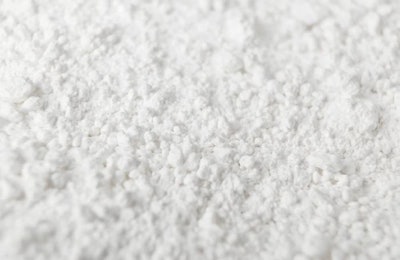
Nothing is wrong with feed additives. In fact, in the right hands, they can be used with tremendous efficiency, like proper tools for the right job. And, this is what additives are: tools for specific jobs, either to solve a problem or enhance a function.
Lamentably, due to the financial health of this industry, we tend to forget this fact and even newcomers to this business believe it is only additives that matter. It is not uncommon for producers to formulate their own diets, asking for professional help only to select the additives that fit their operations. I can attest to such a commercial environment on a worldwide scale.
I have often been called to resolve an issue or improve a performance or profitability index, and asked specifically to recommend additives. I have always refused to do so before looking at the entire formula. When I am allowed such privilege, I often identify major problems in basic nutrition that can be either masked or overcome with additives, but at a cost. Instead of solving an existing problem that is already costing money to the producer, the easy solution would be to offer another expensive patch to make things right. And, in my opinion, this is not the correct approach.
I have always preferred to adjust nutrition to farm- or animal-specific needs, and afterwards enhance such achieved performance by using suitable additives. Even in commercial situations, I cannot blindly recommend anything before I know the market, the customers, and even the salespeople who will be selling the products. I recall an excellent nutrition program that I designed, only to see it fail because the sales force declined to sell it, due to the fact that it did not smell like strawberries, the brand aroma by which this company was known in the field. No matter how hard I tried to explain there is nothing behind the strawberry aroma for the animal, I failed to convince them. At the end, I gave up, learning another lesson.
Additives are tools, and good ones at that. Used properly, they work fine. Otherwise, they can increase cost, especially if basic nutrition is not controlled first.















